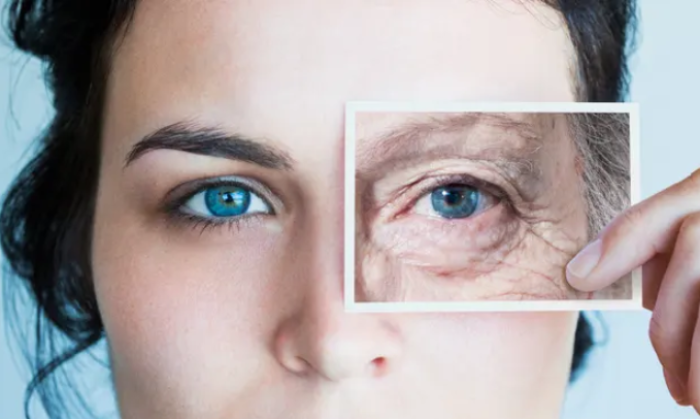For fans of the self-described “longevity movement” like Chan, the concept of biological age is liberating. Rather than simply measure the passage of time, biological age aims to quantify the ageing of our body’s functions and even predict mortality. Many scientists and longevity advocates believe this information can not only help us understand our own ageing process, but can give us the power to change it…
Dr Steve Horvath, a 54-year-old UCLA professor who pioneered the first “clock” to indicate human ageing by examining chemical changes to DNA, told me that “biological age is a better predictor of morbidity risk than chronological age. It is in some ways a tautology: if it wasn’t better, we wouldn’t call it biological age.”
The hope is that understanding biological age can lead to new life-lengthening interventions. But the first step is to try to measure it, and that’s not straightforward. “Researchers debate how to define it,” said Horvath…

